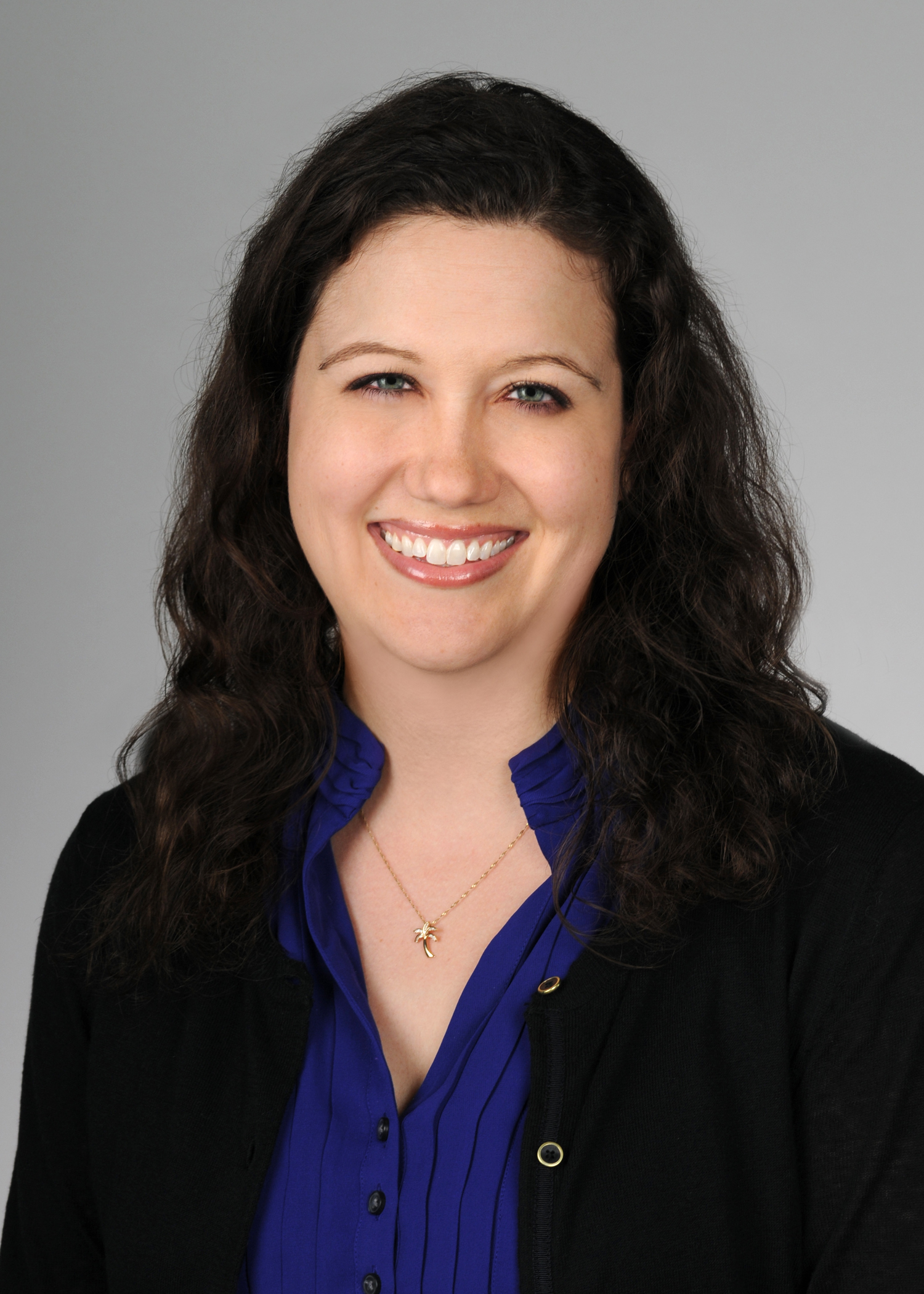December 14, 2022
 Combination of Broadly Neutralizing Antibodies Results in Extended HIV Viral Suppression Without ART
Combination of Broadly Neutralizing Antibodies Results in Extended HIV Viral Suppression Without ARTBy Lauren Richey, MD, MPH, FIDSA
Due to the difficulties with adherence, side effects, and resistance, new research has focused on HIV therapies that can achieve sustained virologic suppression without the need for daily antiretroviral therapy (ART). An article in Nature reported the results of a phase I trial to assess safety, tolerability, and efficacy of two broadly neutralizing monoclonal antibodies, 3BNC117 and 10-1074. The trial had two components. The first component was a randomized, double-blind, placebo-controlled trial of 14 patients. These participants received ART in acute/early infection and underwent a treatment interruption after receiving the first infusion of the broadly neutralizing monoclonal antibodies or placebo. The second component was an open-label study of 5 participants who had baseline viremia of less than 5,000 and were naive for ART. The virologic endpoint was the difference between the intervention and placebo group in time to viral rebound and meeting criteria to restart ART by week 28. Participants were not screened for resistance at baseline.
Study participants in both groups received infusions of the broadly neutralizing monoclonal antibodies: 2 in the first month and then monthly. The participants received 4-8 infusions (median, 8); the eighth infusion was at week 24. The infusions were well tolerated with mild symptoms, including chills and fever. At week 28, in the first component, 6 out of 7 in the placebo group met criteria to restart ART; none in the intervention group met criteria to restart ART. The intervention group had a median duration of viral suppression of 33.4 weeks compared with 3.4 weeks in the placebo group (P = .002). Two participants in the intervention group who had early viral rebound were found on further testing to have resistance to the broadly neutralizing monoclonal antibodies at baseline. The duration of viral suppression when including only the participants with sensitive virus was 35.4 weeks. In the second component, 2 out of the 5 without resistance maintained virologic suppression for an average of 41.7 weeks. No significant change in the HIV reservoir or immunological parameters was seen.
These results indicate that a combination of broadly neutralizing monoclonal antibodies can be effective in suppressing HIV for extended periods of time without ART, provided no resistance exists at baseline. While resistance may limit the utility of this therapy, the concept is promising, and newer iterations with less resistance and longer half-lives may change the way we treat HIV in the future.